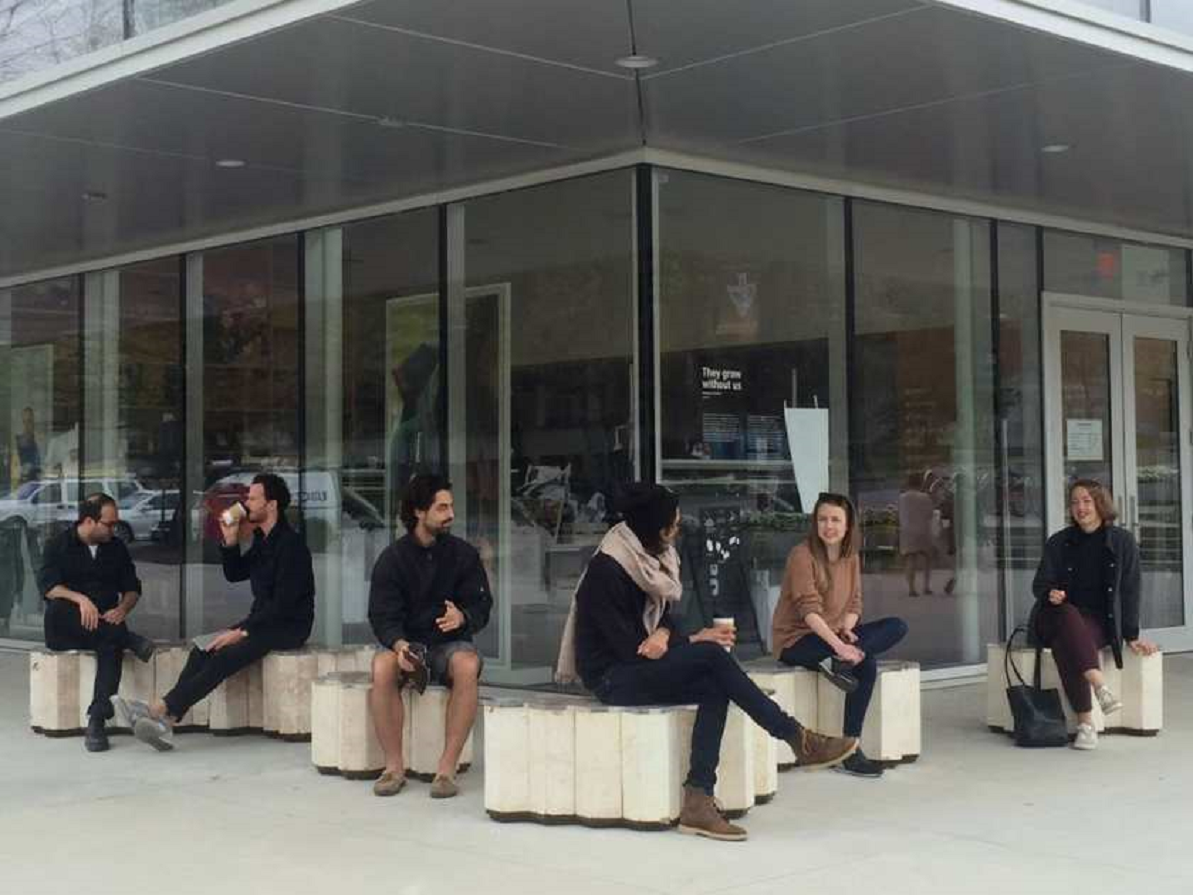News
Investing in Student Success Pays Dividends
Posted on November 15, 2016 | Updated August 06, 2019, 9:06am
President + Vice Chancellor Dr. Ron Burnett contributes to a joint OpEd article in the Vancouver Sun.
The following OpEd article appeared in the Vancouver Sun, November 15, 2016 and was written jointly by Prof. Jamie Cassels, President of the University of Victoria and Chair of the Research Universities Council of BC; Dr. Lane Trotter, President of Langara College and Chair of BC Colleges; and Dr. Ron Burnett, President +Vice Chancellor of Emily Carr University of Art + Design and Chair of the BC Association of Institutes and Universities.
BC leads the nation in job creation, low unemployment and robust economic growth. Linked to this prosperity is a talented and creative workforce of British Columbians who have been educated in our universities, colleges and institutes.
Today, 70 per cent of BC jobs are filled by employees with post-secondary credentials — a number that is forecast to steadily rise in the years ahead. This was not always the case. As recently as the early 1990s, the workforce was evenly split between those with post-secondary education and those without. All types of post-secondary education are now in high demand by employers, with graduates benefiting from higher employment rates, higher earnings and better health outcomes than those without post-secondary credentials.
With more than 300,000 full-time and part-time students at 25 institutions across British Columbia, we are taking a proactive approach to addressing the needs of our students in pursuing their personal and career goals.
The presidents of BC’s colleges, institutes and universities recently made a joint submission to the BC Select Standing Committee on Finance and Government Services to request an investment to support students as they pursue personal and career goals. This submission reflects the high degree of collaboration within the province’s post-secondary system and the common purpose we have in providing post-secondary education for our students.
The submission speaks to the fact that preparing students for success is far more complex than it was 20 years ago. The foundation has remained the same — providing high-quality, accessible education — but the issues facing students, in areas such as mental health and safety, are more prevalent and require more substantive responses than ever before.
Investments in the success of our youth are investments in the province’s future.
Earlier this year, a study of Canadian post-secondary students found approximately 25 per cent of students reported a mental health issue such as depression, anxiety, schizophrenia, post-traumatic stress disorder or other related disorders. Institutions have responded with additional counsellors, peer mentorship programs and new integrated health teams to better identify students in distress and offer the assistance they require. However, with a diverse student population, more tailored and supportive health and wellness services are required.
Safety is also critical for students and that means ensuring that sexual assault and sexual violence have no place on any campus. All institutions are committed to making campuses safe, respectful environments and are developing or updating policies and practices to address sexual assault and harassment. Initiatives that require additional support include education, prevention strategies and enhanced training for counsellors and residence staff to address sexual misconduct.
A positive and growing trend at post-secondary institutions is that education and employment outcomes have improved for Indigenous learners. However, we must do more to ensure our programs are relevant, effective and provide pathways to success. Consistent with the Truth and Reconciliation Commission recommendations, our goal is to work with Aboriginal partners to increase the number of Aboriginal learners accessing and completing post-secondary education.
Another growing trend within institutions is the increase in work-integrated learning, such as co-op, internships or mentorships. For students and employers, real-world work experience is a valuable learning tool where skills are developed and relationships are strengthened, helping employers be more competitive.
In the last six years in BC, work-integrated learning opportunities have increased by approximately 40 per cent, particularly in disciplines such as engineering, computer science, business and science. However, more students are looking for opportunities and many employers, particularly small businesses, require assistance in order to offer work placements.
Together, these initiatives represent a commitment to student success which goes well beyond traditional ideas of post-secondary education. Investments in the success of our youth are investments in the province’s future. Our students, and our province, depend upon it.

